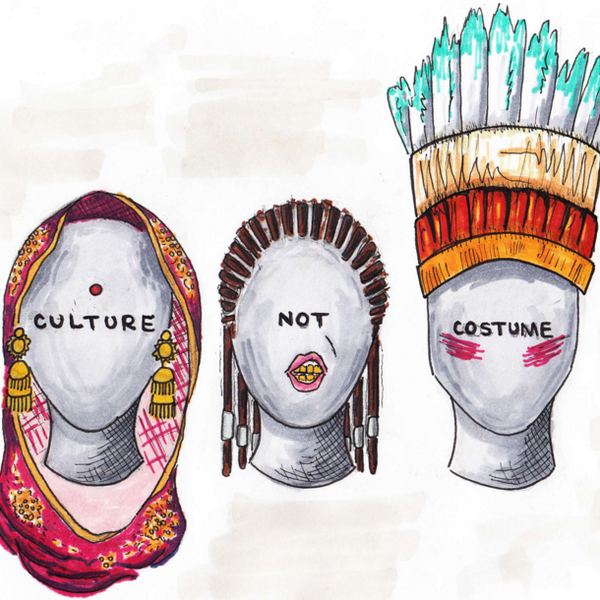Every day in high school, I would sit down with a bowl of cereal, a cup of coffee (extra sugar) and I would watch the morning news. Not only would I go into my day more informed, but I would be able to go into my classes and have an enlightened opinion about current events, or have an event that I could compare and contrast to a chapter in my English class. The news was a lesson before I even stepped through the doors of school.
Of course, college is an information bubble. You’re too busy heading to class, or hanging out with your friends, or just sleeping in to watch the morning news, let alone the evening news. The outside world seems to disappear in the wake of textbooks and late-night dinners.
When I came home for winter break from college, one of the things I was most excited for was the news (I know, I’m a real bucket of fun).
The moment I sat down the first morning I was home, I was instantly disappointed. The newscasters weren’t reporting about the hard hitting news I had come to appreciate in the mornings. These three well-known, high-ranking newscasters were talking about the Grammys, of all things, and tracing the career of one of this year’s nominees. In fact, none of the news stories following this first one seemed significant to informing the lives of their viewers. They were all "puff" pieces with mild entertainment factors.
Though, after watching the news for a few more days, and after giving up on the front entirely, I realized I shouldn’t be surprised about what I was seeing. Just look at the success of broadcast news after the 2016 presidential election coverage. More people were paying attention to politics because the race was a bizarre, sick form of entertainment, and we, as humans, are naturally drawn to what will keep our mind entertained.
And where did people get most of their information about the race from? The news.
A logical conclusion is that news stations are trying to carry over their popularity and viewership they received during the elections by trying to recreate stories with the same tone. The American people want fun and pointless news? Well, if it gets them more views, then that’s what they’ll report.
I know that may seem like a rather negative viewpoint, and cynical toward the mass public, but as much as we don’t want to believe it, it does seem like in the news and media industry that “puff” is outweighing information. Just look at my Odyssey articles. A few weeks ago I reported on an Anti-Trump rally that occurred in Burlington, Vermont. How many views did it get? 40. Last week I wrote an article that was just a list of 17 puns. How many views did it get? Over 200. In fact, with each of my articles, the more information-based they were, the less views they got.
Now, I’m not saying there is anything wrong with entertainment. Everyone likes to hear or read something positive or that makes you laugh (I will admit to watching many purely entertainment Youtube videos), but we can’t let information-based news get pushed into the background. If our news is just concerned about viewership, would we get to a point as a society where the news would choose not to cover a story because a different story would get them more viewers? I would like to think that’s not the case, but when I look at the morning news, it’s hard not to be cynical.
Take this article as a warning: make sure that you balance your news consumption. It’s okay to have fun. You need to have fun — but you also need to remember the original point of the news: to inform. Make sure your consumption is balanced, or else critical news may get even more filtered out of our society. As a viewer, we have a say in what is produced. We have a vote, and our vote is what we choose to watch.





















